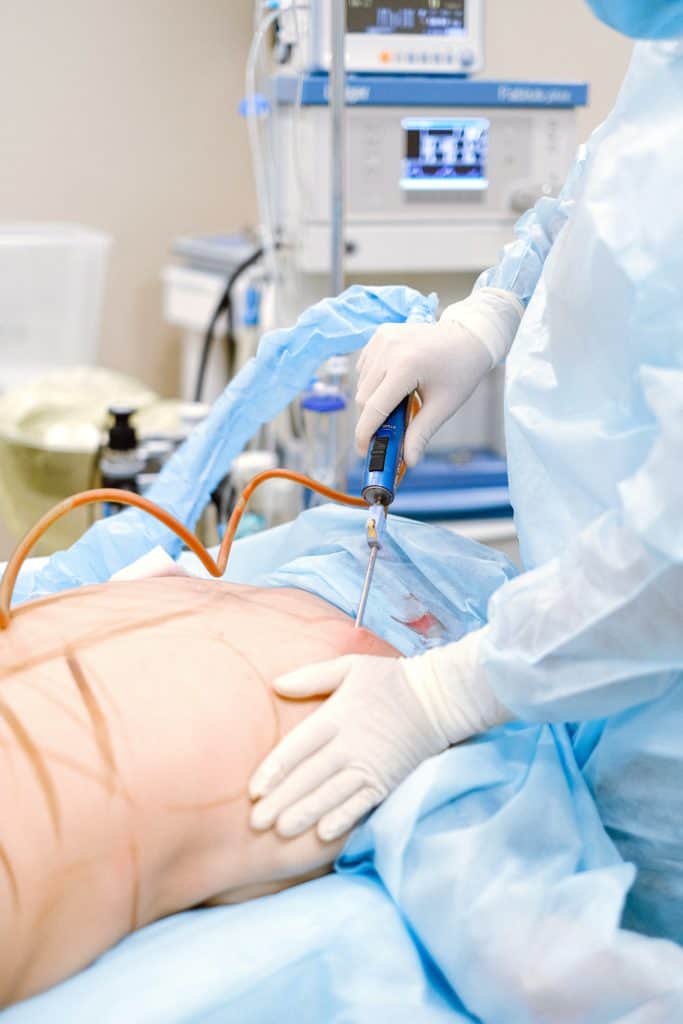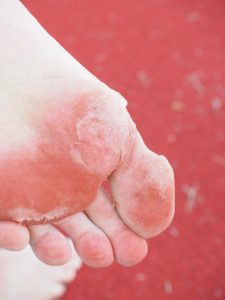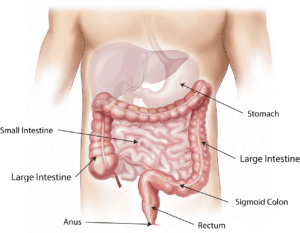What is liposuction?
Liposuction is seemingly one of the most popular aesthetic procedures in the domain of cosmetic surgery. In the US alone, this is the second most frequent procedure performed by Cosmetic Surgeons. Many people opt for this surgery to gain their ideal body contour and look their best.
However, since liposuction is an invasive procedure, the wiser approach is to have a 360° overview of it before you decide to go ahead.
What is cosmetic liposuction?
According to the NHS UK, liposuction is a cosmetic procedure used to remove unwanted body fat. This is the fat that you cannot seem to get rid of through diet and exercise.
The aim of this procedure is to slim and reshape specific areas of the body by removing fat deposits from there. The expected outcome is an improvement of the body contours and proportion.
The purpose of cosmetic liposuction
Liposuction or ‘lipo’ as referred by some patients is generally done for cosmetic purposes. However, the NHS has also listed some medical conditions that can be treated with liposuction.
Liposuction is used to reshape areas such as –
- Hips and buttocks
- Abdomen, waist, and back
- Thighs
- Inner knee
- Upper arms
- Chest area
- Cheeks, chin, and neck
- Calves and ankles
It can be also employed to treat health conditions such as-
- Gynecomastia: a condition that causes abnormal enlargement of the male breast.
- Lymphoedema: a condition that causes swelling in arms and legs.
- Lipoedema: a condition that causes an abnormal buildup of fat cells in hips, buttocks, legs, or arms.
Who should undergo liposuction?
A good candidate for cosmetic liposuction is someone who:
- Is within 30% of his/her ideal weight.
- Has firm skin with good elasticity and muscle tone.
- Is a non-smoker
- Is relatively healthy and free of health conditions
Who should not undergo liposuction?
A person is not an ideal candidate for liposuction if he/she has:
- Health conditions such as heart disease and diabetes
- Health conditions regarding blood flow
- Weak immune system

Signing Up for Liposuction
Once you decide to have liposuction done, it is vital that you opt for a board-certified and well-experienced cosmetic surgeon. Before signing up, you will have a thorough discussion with your surgeon regarding your goals, options, risk benefits, and costs. Also, make sure to ask any question that pops up in your mind.
While that is sorted out, inform your surgeons about your allergies (if you have any), regular medications, or herbal supplements (if you take any).
What to Expect on the Day of Surgery?
Liposuction is done on a day-care basis, so make sure you have a friend to drive you home after the procedure. Sometimes though, depending on the type and extent of your surgery, you may need to spend a night or two in the hospital.
Before the procedure, the surgeon marks the operative area. S/he can also take photos to keep as references for before-after comparisons.
Following this, anesthesia is given. The surgeon may choose to give you general or local anesthesia based on the extent of your surgery. If general anesthesia is given, you won’t be awake during the procedure. In the case of local anesthesia, you will be awake during the procedure but won’t feel any pain.
Once the preparation is done, liposuction is carried out.
How is Liposuction Done?
The basic principle of liposuction is to suction out fat from specific areas of the body using a cannula connected to a vacuum. It is usually done in one of these ways:
Tumescent Liposuction
This is the most common type of liposuction. Here, a sterile solution is injected into the operative area. This makes it easier to suction the fat out.
Ultrasound-assisted Liposuction (UAL)
In UAL, soundwave energy is used to rupture the fat cell walls. This liquefies the fat, following which, it is suctioned out.
Laser-assisted Liposuction (SmartLipo)
SmartLipo uses laser energy, instead of sound waves, to liquefy the fat deposits. Once that is attained, a vacuum sucks the fat out using a cannula.
Recovering After Liposuction
After you get lipo done, you may have bruising, swelling, and soreness for a few weeks. To control swelling, your surgeon may instruct you to wear a compression garment for a few days. You will also be given a prescription including antibiotics to prevent infection.
You can get back to your daily activities within 2 weeks. However, recovery time varies from person to person.
Are There Any Risks to Cosmetic Liposuction?
Liposuction is a surgical procedure, and any invasive therapy comes with risks. Although rare, there can be complications such as-
- Bleeding
- Complications of anesthesia
- Fluid accumulation in pockets under the skin
- Uneven fat removal leading to bumpy looking skin
- Infection
- Fat embolism
- Blood clots in deep veins
- Damage to nerves, blood vessels, muscles, and internal organs
Cost of Cosmetic Liposuction
The cost of liposuction depends on several factors including your country, the surgeon, and the number of operative areas. According to the 2019 statistics by the American Society of Plastic Surgeons the average cost of cosmetic liposuction is around $3550.
In developing countries such as Bangladesh, the cost of liposuction lies between $1200 – 2000 or ৳1,00,000 -1,50,000.
EndNote: Can Liposuction Cause Weight Loss?
Even though liposuction is a common cosmetic procedure all over the world, there are many misconceptions around it. The most common misconception is that liposuction aids in weight loss.
Liposuction is not a treatment for obesity. The only weight loss in the process is about 2-5 pounds of fat that are suctioned out. The purpose of cosmetic liposuction is to remove stubborn fat deposits in areas like the stomach, hips, back, and thigh.
The ultimate aim of cosmetic liposuction is to reshape the body contour and to give the body a more aesthetic appearance.



